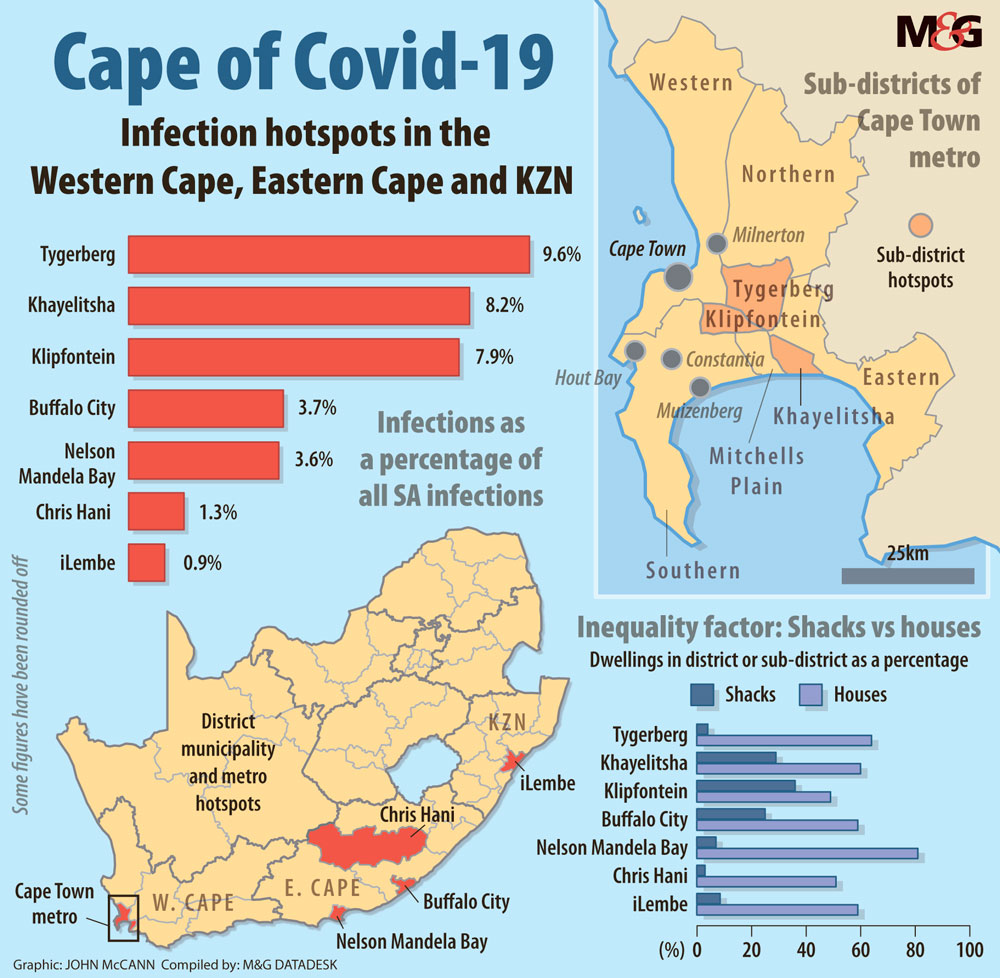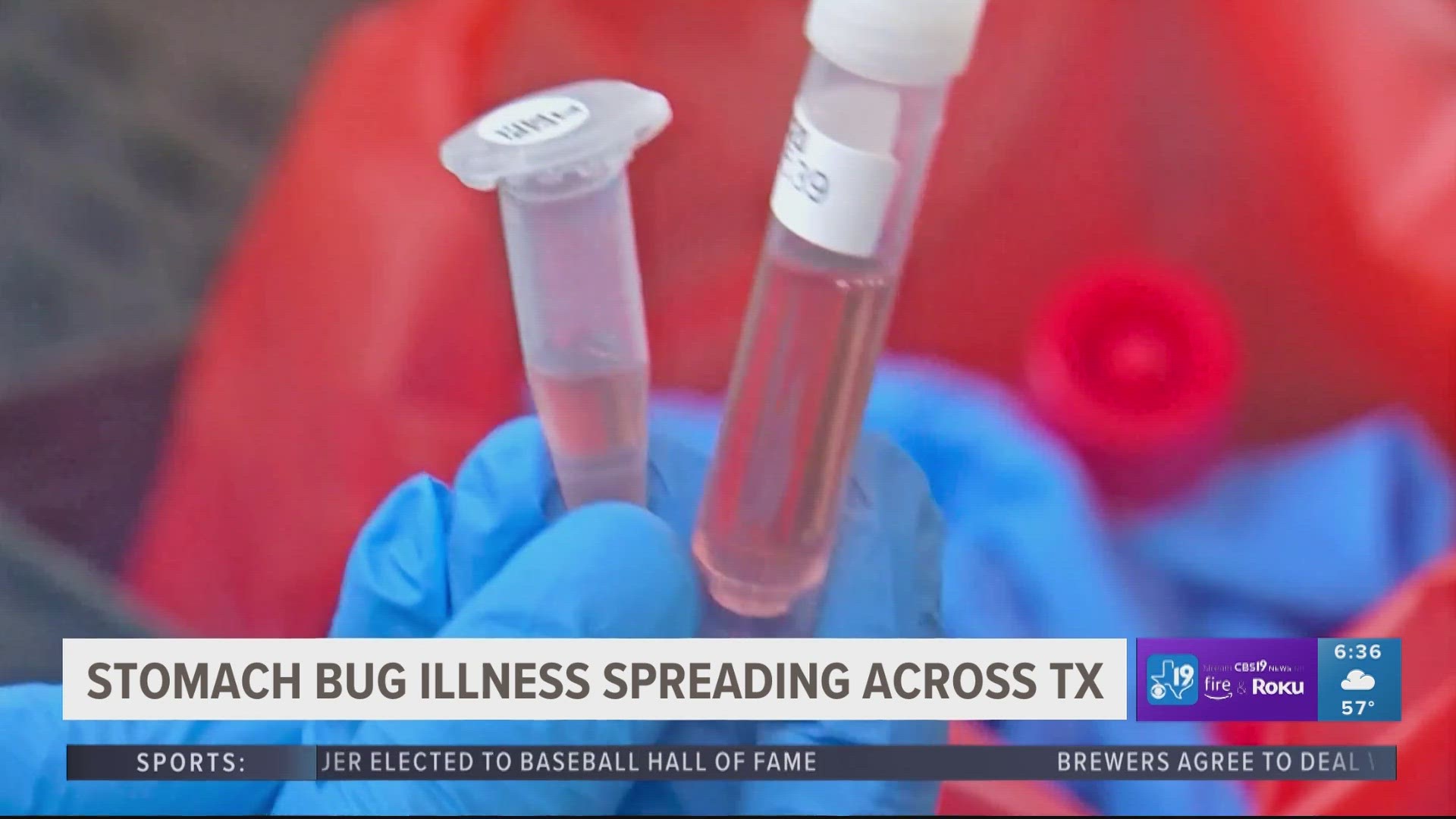Table of Contents
- Tuberculosis, a forgotten disease still endemic in South Africa's Cape Town
- Has Highly Contagious Stomach Virus Come to South Dakota Yet?
- Cape Town woman injured after collapse of structure at popular food market
- Stomach virus outbreak rattles Texas, prompting school closures | cbs19.tv
- Infecting the City in Cape Town
- CDC says stomach viruses spreading across country - YouTube
- Epidemics and pandemics prevented
- Virus spreads like fire in the Cape – The Mail & Guardian
- How To Cure A Stomach Virus: 8 Effective Relief Strategies » 2025
- Hopes for new Cape Town restaurant after Covid-19 devastated industry



RSV: A Growing Concern

- Coughing and sneezing
- Runny nose
- Fever
- Loss of appetite
- Wheezing


Flu Season: Be Prepared

- Fever and chills
- Cough and sore throat
- Runny or stuffy nose
- Headache and fatigue
- Muscle or body aches

COVID-19: Ongoing Threat
COVID-19, caused by the SARS-CoV-2 virus, is a highly contagious respiratory illness that can cause severe symptoms, especially in older adults and those with underlying health conditions. Common symptoms of COVID-19 include:- Fever and chills
- Cough and shortness of breath
- Fatigue and headache
- Loss of taste or smell
- Sore throat

Norovirus: The Stomach Bug
Norovirus is a highly contagious gastrointestinal illness that can cause severe symptoms, including:- Diarrhea and vomiting
- Stomach cramps and pain
- Fever and headache
- Chills and fatigue

Prevention is Key
While these illnesses can be severe, there are steps you can take to prevent them:- Get vaccinated against the flu and COVID-19
- Wash your hands frequently with soap and water
- Avoid close contact with infected individuals
- Practice good hygiene, such as covering your mouth and nose when coughing or sneezing
- Stay home when sick to prevent the spread of illness
Stay informed, stay safe, and stay healthy!